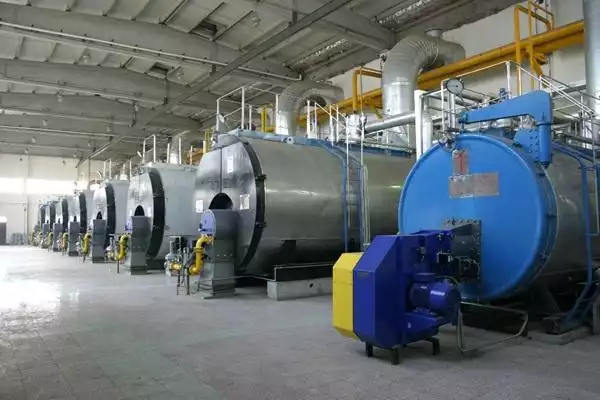
Fangkuai Boiler Introduces New Biomass Boilers >
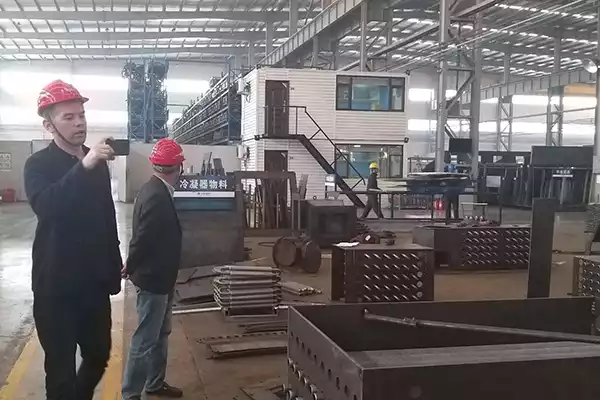
FangKuai Boiler Company: Leading the Way in Energy-efficient Boiler Manufacturing >
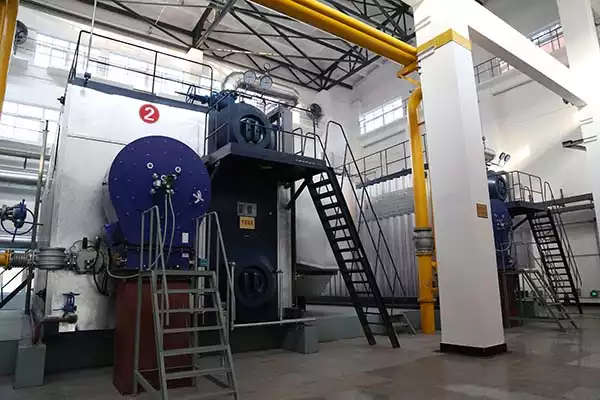
FangKuai Boiler Continues to Lead the Way in Energy-efficient Boiler Manufacturing >
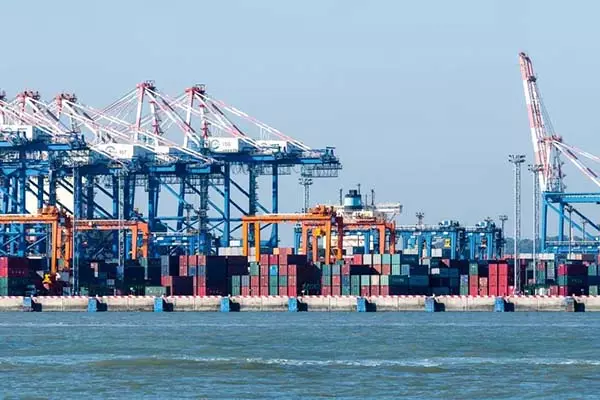
Fangkuai-Kessel: A Stable Development in the Overseas Market >
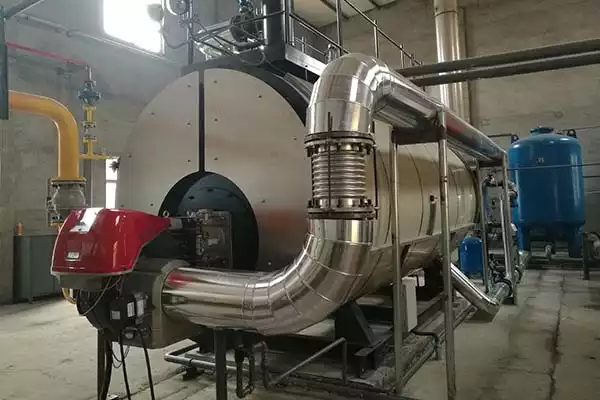
Boost Brewing Efficiency with Fangkuai Gas Boilers & Condensing Water Recovery >
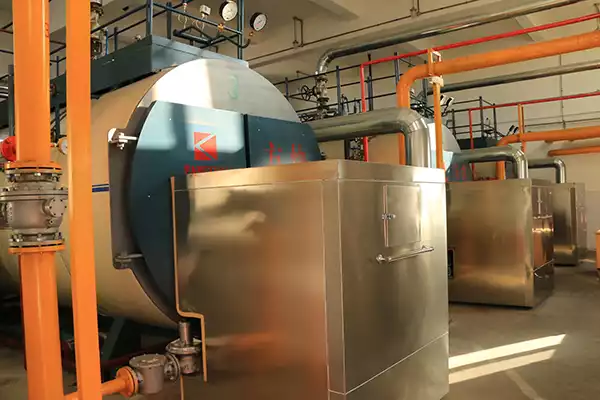
Empowering the Textile Industry in Bangladesh with Fangkuai Dual Fuel Boilers >
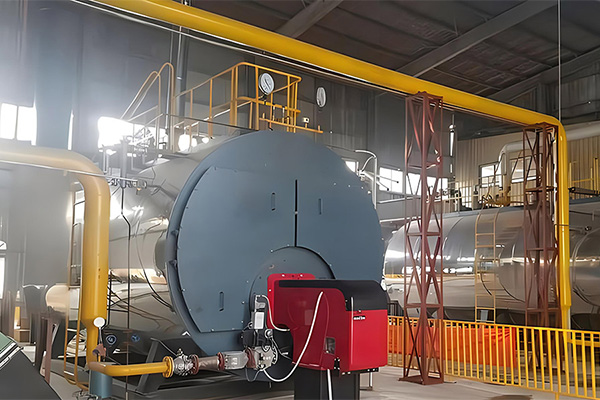
Eine vollständige Anleitung zu 2 Tonnen-Industriedampfkessel für kleine und mittlere Fabriken. Lernen Sie Anwendungen, Kraftstoffoptionen, Effizienz, Vorteile, Kostenfaktoren, und wie man den richtigen Heizkessel auswählt.
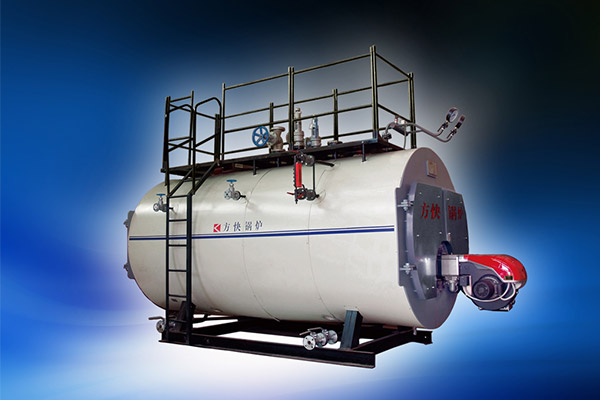
Ein vollständiger Leitfaden für die Industrie 6 Tonnendampfkessel, einschließlich Arbeitsprinzipien, Schlüsselspezifikationen, Anwendungen, Kraftstoffoptionen, Effizienzfaktoren, und Betriebskosten. Erfahren Sie, wie Sie das Richtige auswählen 6 Tonnenkessel für Ihre Fabrik.
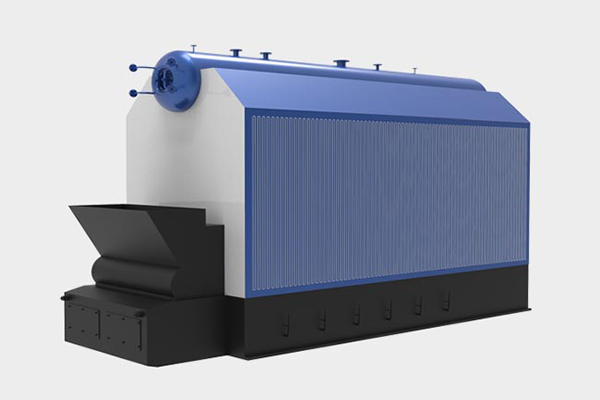
Entdecken Sie die tatsächlichen Kosten für Biomassekessel 2025, inklusive Ausrüstungspreisen, Installationsgebühren, Treibstoffkosten, Amortisationszeiten, und Expertentipps zur Reduzierung der Gesamtkosten.
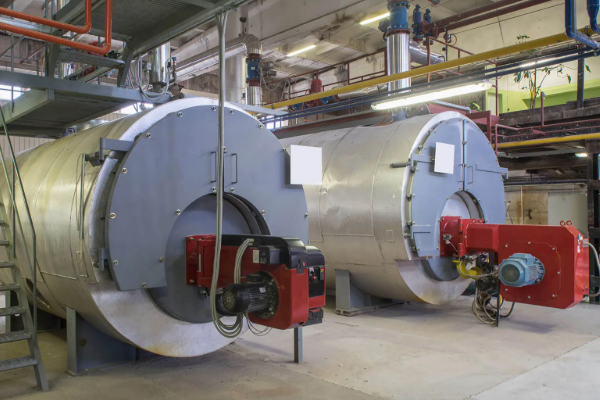
Entdecken Sie, wie lange Gas, elektrisch, und Ölkessel halten. Lernen Sie die Schlüsselfaktoren kennen, die die Lebensdauer des Kessels beeinflussen, Wartungstipps, und welcher Typ den besten Wert und die beste Haltbarkeit bietet.

Entdecken Sie, wie ein Altölkessel Ihre Heizkosten senken und die Umweltbelastung verringern kann. Erfahren Sie, wie Altölbrenner funktionieren, ihre Vorteile, Preis, und Installationstipps in dieser vollständigen Anleitung.
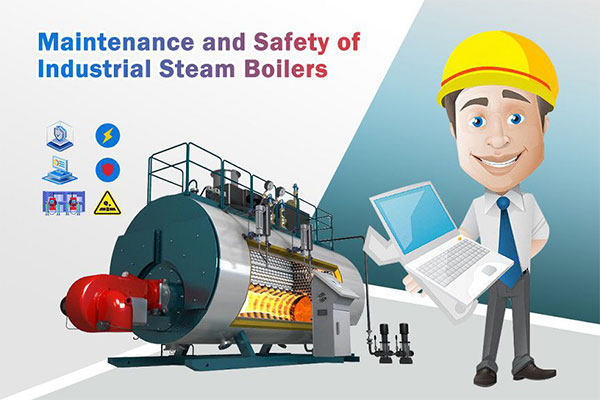
Entdecken 10 Wichtige Tipps zur Wartung von Dampfkesseln zur Steigerung der Effizienz, das Leben verlängern, und kostspielige Ausfälle verhindern.

Kesselsysteme sind das Herzstück vieler Heiz- und Industrieprozesse. Ob in Wohnhäusern eingesetzt, Gewerbebauten, oder Kraftwerke, Sie spielen eine entscheidende Rolle bei der effizienten Bereitstellung von Wärme und Warmwasser.
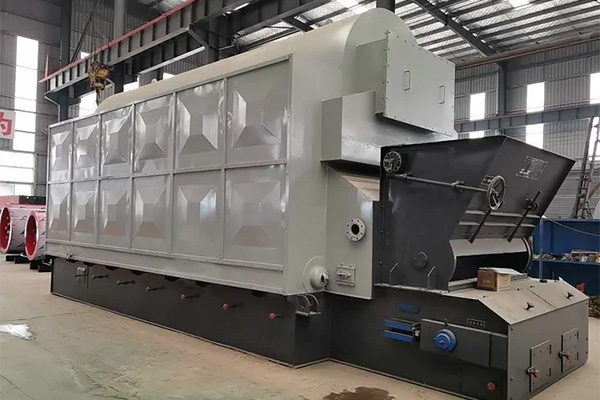
Entdecken Sie, wie Holzdampfkessel funktionieren, ihre Vorteile für die Umwelt, Typen, Auswahltipps, Wartungs- und Sicherheitshinweise, um zuverlässig zu sein, Kostengünstiges Heizen.
wie man einem Dampfkessel Wasser hinzufügt?
Lernen Sie die wesentlichen Schritte und Techniken zum Nachfüllen von Wasser in einen Dampfkessel. Entdecken Sie die Bedeutung, Sicherheitsmaßnahmen, verschiedene Methoden, und Wartungstipps zur Aufrechterhaltung optimaler Wasserstände in Ihrem Dampfkesselsystem.7 Schritte, die Ihnen erklären, wie Sie einen Dampfkessel reinigen
Entdecken Sie die wesentlichen Schritte und Techniken zum effektiven Spülen eines Kesselsystems. Erfahren Sie die Bedeutung, Sicherheitsmaßnahmen, verschiedene Methoden, und Wartungstipps zur Aufrechterhaltung einer optimalen Kesselleistung.Der Wasserstand im Dampfkessel ist zu hoch: Ursachen, Wirkungen und Lösungen
Ein hoher Wasserstand in einem Dampfkessel kann ein besorgniserregendes Problem sein, da er dazu führen kann, dass Wasser in die Dampfleitungen gelangt, Auswirkungen auf die Effizienz und Sicherheit des Kesselsystems haben. Es gibt einige mögliche Gründe für dieses Problem und Maßnahmen, die Sie ergreifen können, um es zu beheben:Reasons and solutions for steam boiler not working
steam boilers sometimes stop working, which brings great inconvenience to production. Also, what is the reason why the steam boiler is not working? Wie können wir dieses Problem lösen?? Nächste, lass es uns gemeinsam besprechen.So vermeiden Sie ungleichmäßige Hitze in Gaskesseln?
Die ungleichmäßige Wärme des Gaskessels bezieht sich auf das Phänomen der ungleichmäßigen Wärmebelastung in derselben Heizflächenrohrgruppe.Unter welchen Umständen muss der Gaskessel abgeschaltet werden??
Nach einigen Notfällen, Beim Betrieb des Gaskessels kann es zu Problemen kommen. Der Kesselbetreiber sollte wachsam gegenüber dem Gaskessel sein, Überprüfen Sie den Betrieb des Kessels in Echtzeit, und stoppen Sie gegebenenfalls den Kessel, um schwerwiegendere gefährliche Unfälle zu vermeiden.Was soll ich tun, wenn die Last des Gaskessels plötzlich abfällt??
Wenn die Belastung von Gaskesseln plötzlich abnimmt, Die Unternehmenseinheiten, die die Kessel nutzen, sollten darauf achten. Dies ist eine ernsthafte, gefährliche Kesselsituation, begleitet von den folgenden Situationen:Welche Sicherheitsmaßnahmen sollten ergriffen werden, nachdem der Gaskessel außer Betrieb ist??
Viele Gaskessel laufen nicht das ganze Jahr über kontinuierlich. Wenn das Unternehmen nicht mehr produziert oder aus anderen Gründen, Der Kessel wird abgeschaltet. Jedoch, nachdem der Kessel außer Betrieb ist, Es müssen bestimmte Sicherheitsmaßnahmen getroffen werden. Also, Welche Sicherheitsmaßnahmen sind zu ergreifen, nachdem der Kessel in der Chemieanlage außer Betrieb ist??
vSehen Sie sich die Bewertungen unserer Kunden an
"Der Kundenservice bei Fangkuai ist erstklassig. Sie halfen mir bei der Auswahl des perfekten Kessels für meine Bedürfnisse und boten während des gesamten Prozesses großartige Unterstützung. Der Installationsprozess verlief auch sehr reibungslos und der Kessel hat meine Erwartungen übertroffen. Es ist sehr einfach zu bedienen und zu warten, und die Energieeffizienz ist bemerkenswert. Ich kann die Produkte von Fangkuai jedem wärmstens empfehlen, der zuverlässige und effiziente Heizlösungen benötigt."
Juan
Mexiko"Der Heißwasserboiler von Fangkuai ist erstaunlich. Es heizt schnell und effizient auf, und das Wasser bleibt lange heiß. Wir hatten nie Probleme damit und es hat unsere täglichen Abläufe erheblich verbessert. Auch die Installation verlief reibungslos und der Kundenservice war ausgezeichnet. Ich kann die Heißwasserboiler von Fangkuai sehr empfehlen."
Sarah
Kanada"Ich bin sehr beeindruckt von der Qualität des Heißwasserboilers von Fangkuai. Es ist für die Ewigkeit gebaut und hat meine Erwartungen übertroffen. Auch die Installation verlief reibungslos und der Kundenservice war ausgezeichnet. Der Warmwasserboiler ist sehr einfach zu bedienen und zu warten, und die Energieeffizienz ist bemerkenswert. Ich kann die Heißwasserboiler von Fangkuai sehr empfehlen."
Jack
Australien"Wir verwenden den Fangkuai-Thermalölkessel seit Jahren für unsere Chemieanlage und er hat uns nie im Stich gelassen. Der Kessel ist sehr langlebig und hält rauen Bedingungen stand. Außerdem ist es sehr einfach zu bedienen und zu warten, Das hat uns geholfen, Zeit und Geld bei der Wartung zu sparen. Die Thermalölkessel von Fangkuai sind erstklassig und ich kann sie jedem wärmstens empfehlen, der zuverlässige Heizlösungen benötigt."
Chang
China"Die Zusatzausrüstung von Fangkuai hat mein Kesselsystem noch besser gemacht. Die Qualität der Ausrüstung ist außergewöhnlich und die Preise sind sehr vernünftig. Die Ausrüstung hat dazu beigetragen, die Effizienz und Leistung meines Kesselsystems zu verbessern, was zu erheblichen Kosteneinsparungen geführt hat. Ich kann die Zusatzausrüstung von Fangkuai jedem wärmstens empfehlen, der hochwertiges Kesselzubehör benötigt."
Maryk
Vereinigtes Königreich"Der Kundenservice bei Fangkuai ist erstklassig. Sie halfen mir bei der Auswahl des perfekten Kessels für meine Bedürfnisse und boten während des gesamten Prozesses großartige Unterstützung. Der Installationsprozess verlief auch sehr reibungslos und der Kessel hat meine Erwartungen übertroffen. Es ist sehr einfach zu bedienen und zu warten, und die Energieeffizienz ist bemerkenswert. Ich kann die Produkte von Fangkuai jedem wärmstens empfehlen, der zuverlässige und effiziente Heizlösungen benötigt."
Juan
Mexiko"Der Kundenservice bei Fangkuai ist erstklassig. Sie halfen mir bei der Auswahl des perfekten Kessels für meine Bedürfnisse und boten während des gesamten Prozesses großartige Unterstützung. Der Installationsprozess verlief auch sehr reibungslos und der Kessel hat meine Erwartungen übertroffen. Es ist sehr einfach zu bedienen und zu warten, und die Energieeffizienz ist bemerkenswert. Ich kann die Produkte von Fangkuai jedem wärmstens empfehlen, der zuverlässige und effiziente Heizlösungen benötigt."
Juan
Mexiko"Der Thermalölkessel von Fangkuai ist sehr einfach zu bedienen und zu warten. Es hat uns geholfen, Zeit und Geld bei der Wartung zu sparen, was zu erheblichen Kosteneinsparungen geführt hat. Die Qualität der Materialien und die Konstruktion des Kessels sind außergewöhnlich. Es ist auch sehr energieeffizient, was uns geholfen hat, Geld bei unseren Energierechnungen zu sparen. Ich kann den Thermalölkessel von Fangkuai sehr empfehlen ."
Allen
Brasilien"Der Dampfkessel von Fangkuai ist perfekt für meinen Lebensmittelverarbeitungsbetrieb. Es erfüllt alle unsere Anforderungen und ist sehr zuverlässig. Die Qualität der Materialien und die Konstruktion des Kessels sind außergewöhnlich. Außerdem ist es sehr einfach zu bedienen und zu warten, Das hat uns geholfen, Zeit und Geld bei der Wartung zu sparen. Ich kann die Dampfkessel von Fangkuai jedem wärmstens empfehlen, der zuverlässige Heizlösungen benötigt."
Json
Brasilien